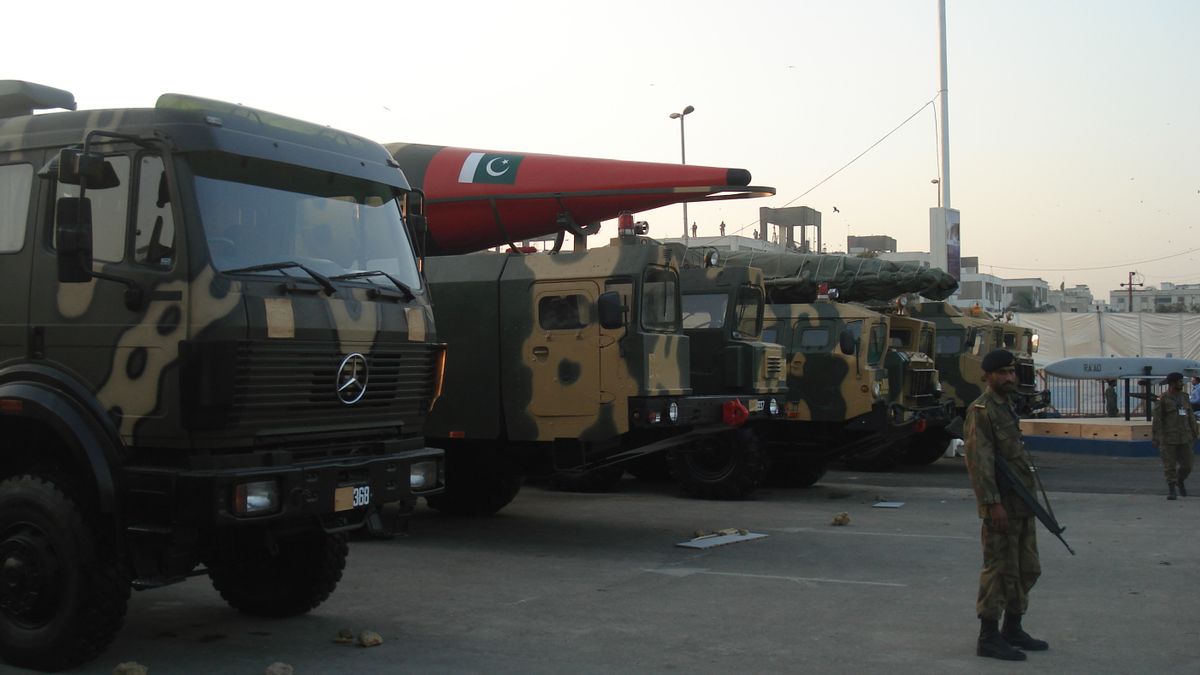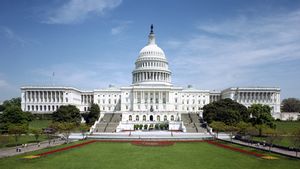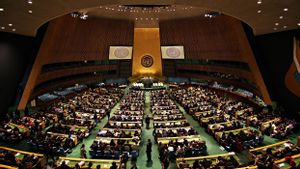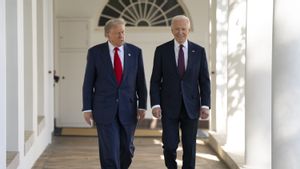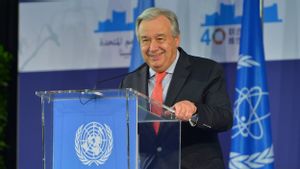JAKARTA - A senior White House official on Thursday said nuclear-armed Pakistan was developing a long-range ballistic missile capability that could eventually allow it to strike targets far outside South Asia, making it an "emerging threat" to the United States.
Speaking to Carnegie Endowment for International Peace, Deputy National Security Adviser Jon Finer said Pakistan had pursued "an increasingly sophisticated missile technology, from long-range ballistic missile systems to equipment, which would allow much larger test of rocket motors."
If the trend continues, Finer said, "Pakistan will have the ability to strike targets far beyond South Asia, including in the United States," quoted by Reuters December 20.
The number of nuclear-armed countries with missiles that can reach Uncle Sam's country is "very small and they tend to be hostile," he continued, calling Russia, North Korea, and China.
"So, to be honest, it is difficult for us to see Pakistan's actions as anything other than the threats that arise to the United States," Finer said.
Finer's surprising disclosure underscores how far the previously close relations between Washington and Islamabad have deteriorated since the 2021 US troop withdrawal from Afghanistan.
It also raises questions about whether Pakistan has changed the goals of nuclear weapons and the long-destined ballistic missile program against India's goals, the winner in the three major wars they have carried out since 1947.
Finer's speech came a day after Washington announced a new round of sanctions related to Pakistan's ballistic missile development program, including for the first time against the state-owned defense agency overseeing the program.
The Pakistani embassy did not immediately respond to a request for comment.
Islamabad itself considers its nuclear weapons and ballistic missile program as a deterrent to Indian aggression and is meant to maintain regional stability.
Two senior government officials, who spoke on condition of anonymity, said US concerns about Pakistan's missile program had been going on for a long time and came from the size of the rocket engine being developed.
The threats facing the United States will still occur for another decade, an official said.
Finer's comments, officials said, were intended to pressure Pakistani officials to explain why they are developing a stronger rocket engine, something they have rejected.
"They don't recognize our concerns. They told us we were biased," a second US official said, adding Pakistani officials mistakenly implied US sanctions on their missile program were intended "to hinder their ability to defend themselves from India."
Finer included himself among senior US officials who he said had repeatedly raised concerns about the missile program to top Pakistani officials, but were unsuccessful.
Washington and Islamabad, he said, had become "old partners" in the development, control of terrorism, and security.
"That makes us increasingly questioned why Pakistan will be motivated to develop capabilities that can be used against us," he said.
VOIR éGALEMENT:
Pakistan itself is known to criticize the warm relationship that US President Joe Biden has made with his old enemy, India, and maintain close ties with China. Several Chinese entities have been sanctioned by the US for supplying Islamabad's ballistic missile program.
Pakistan conducted its first nuclear weapons test in 1998 - more than 20 years after India's first explosion test - and has built an extensive ballistic missile armament capable of ejecting a nuclear warhead.
The research organization Bulletin of the American Scientists estimates Pakistan has supplies of around 170 warheads.
The English, Chinese, Japanese, Arabic, and French versions are automatically generated by the AI. So there may still be inaccuracies in translating, please always see Indonesian as our main language. (system supported by DigitalSiber.id)
